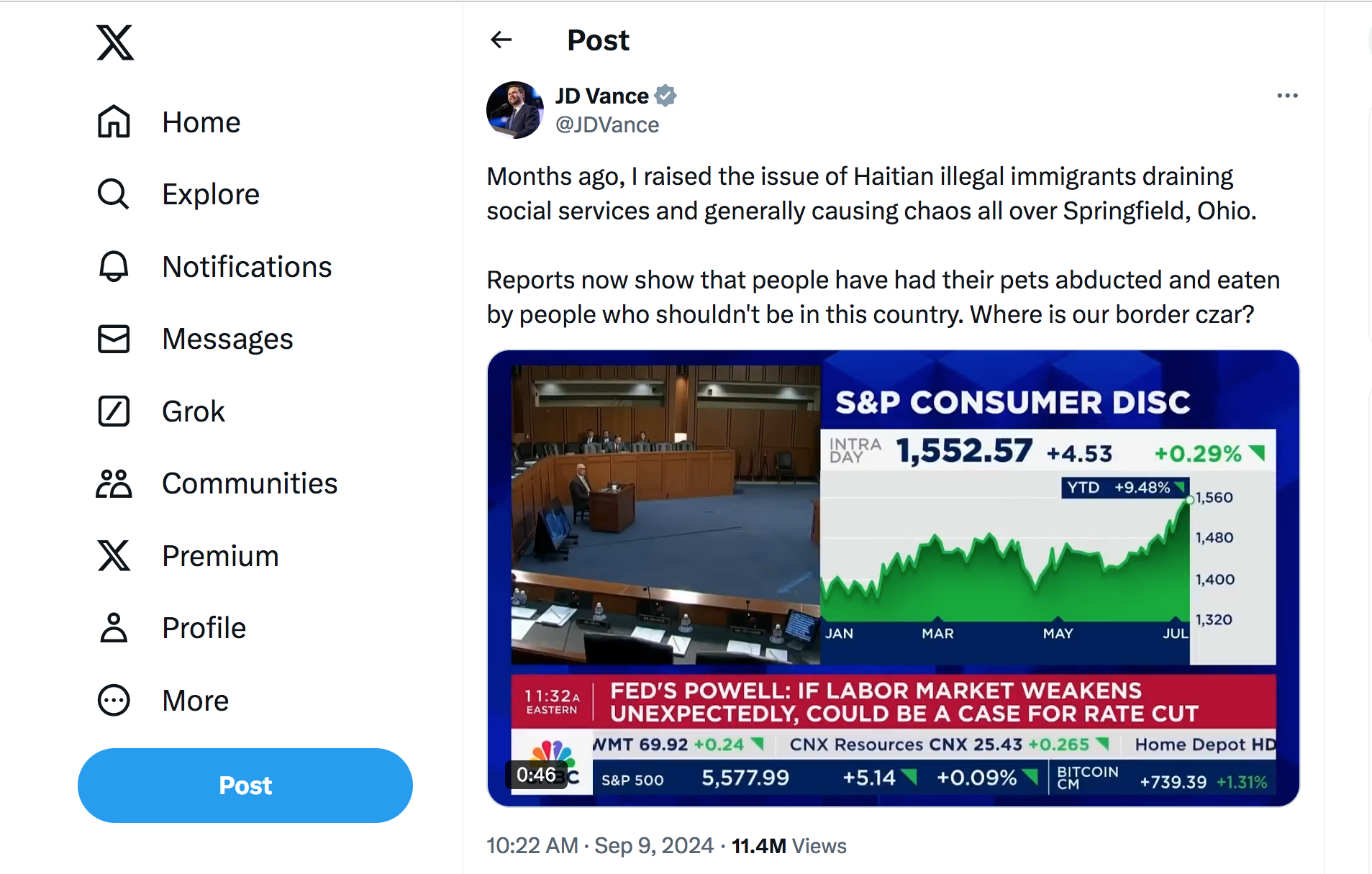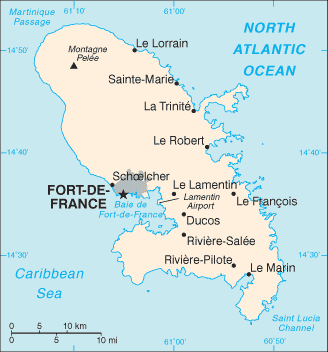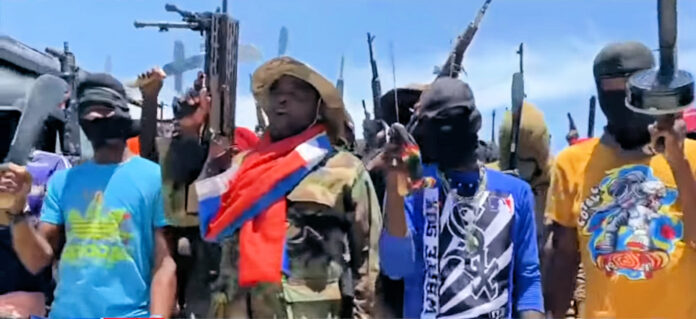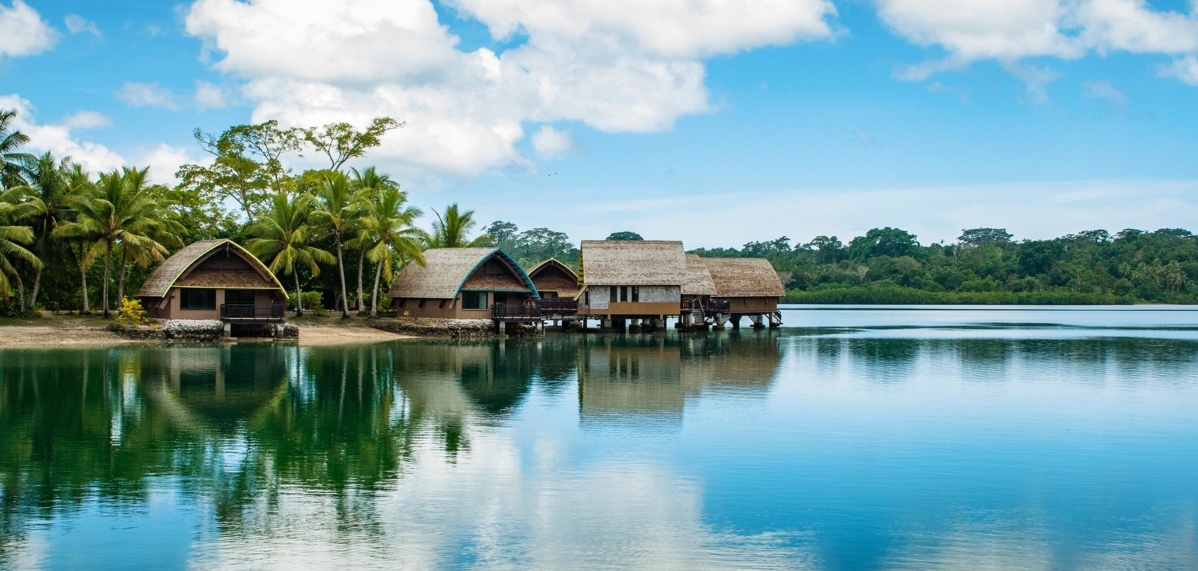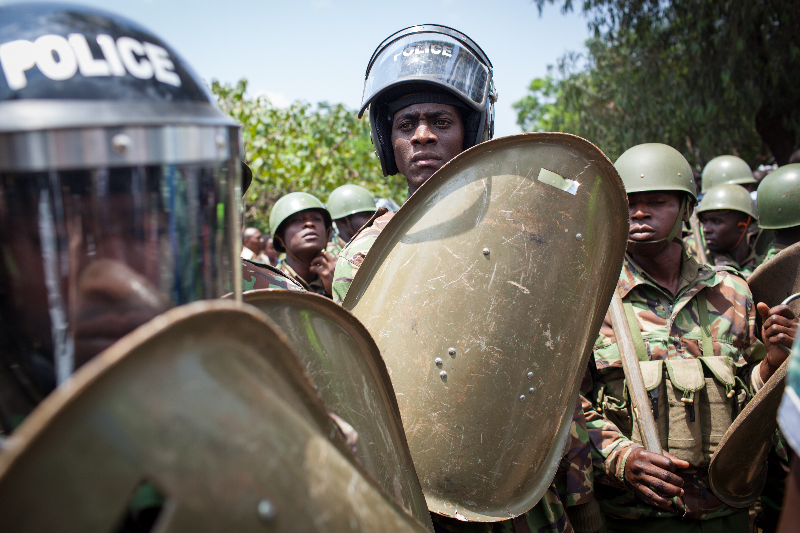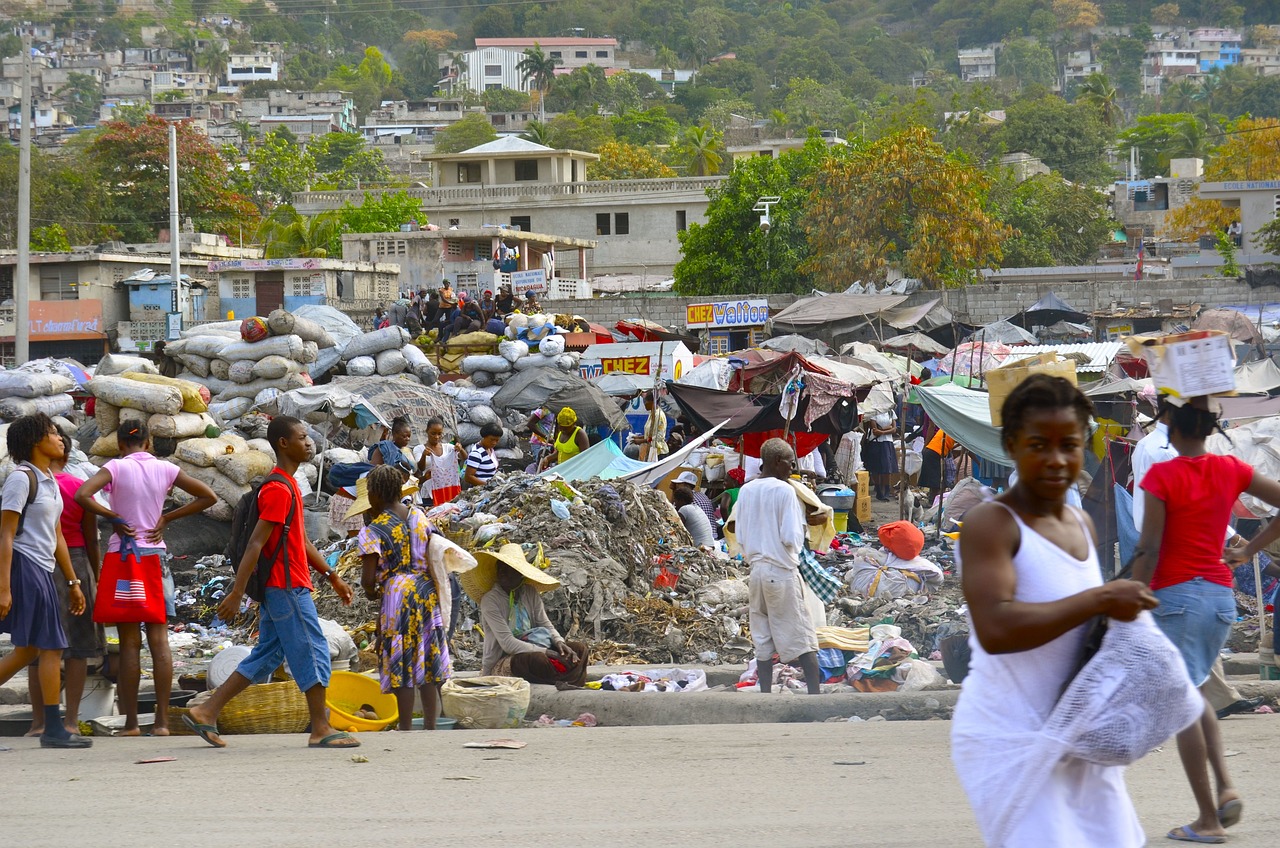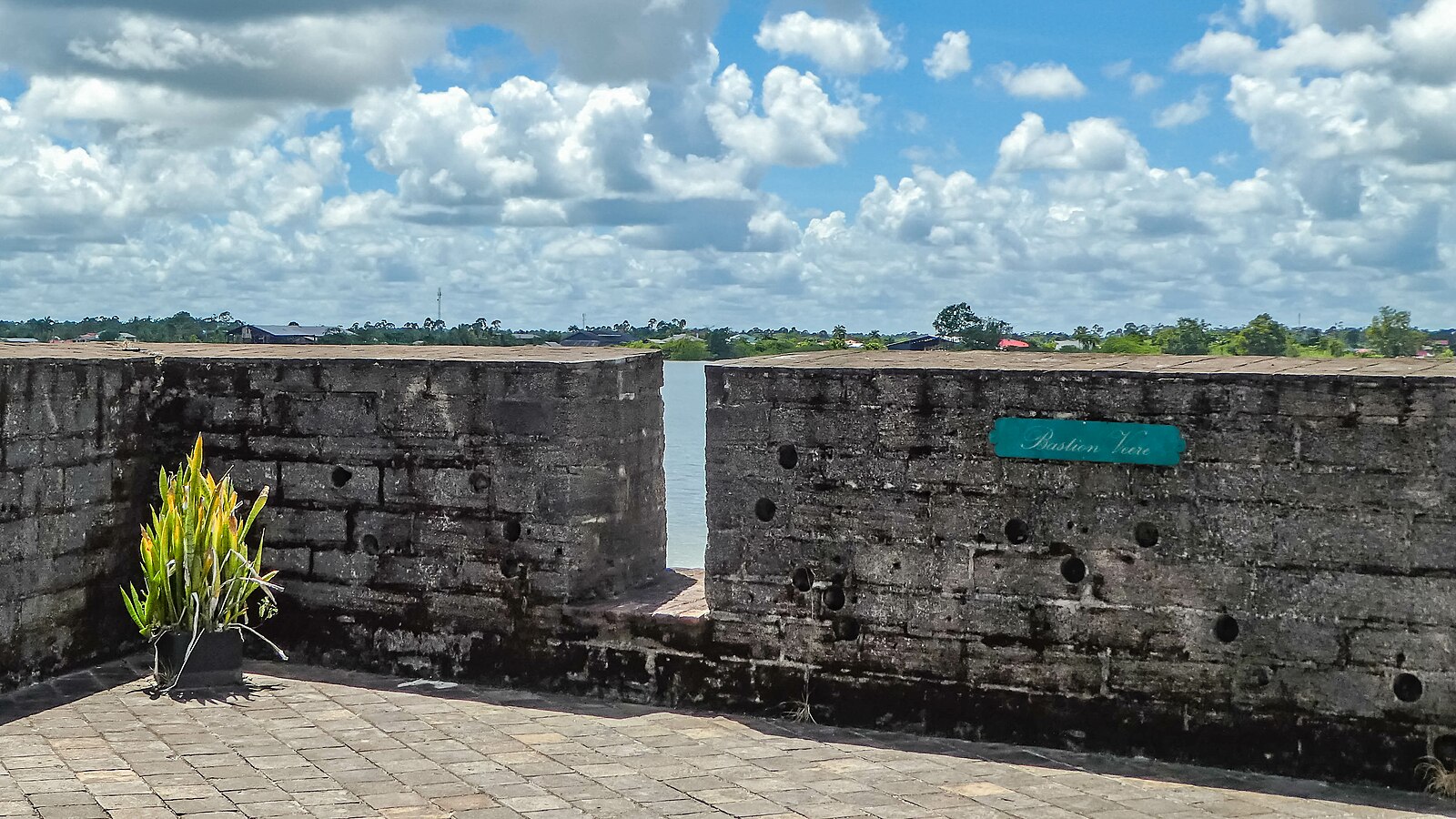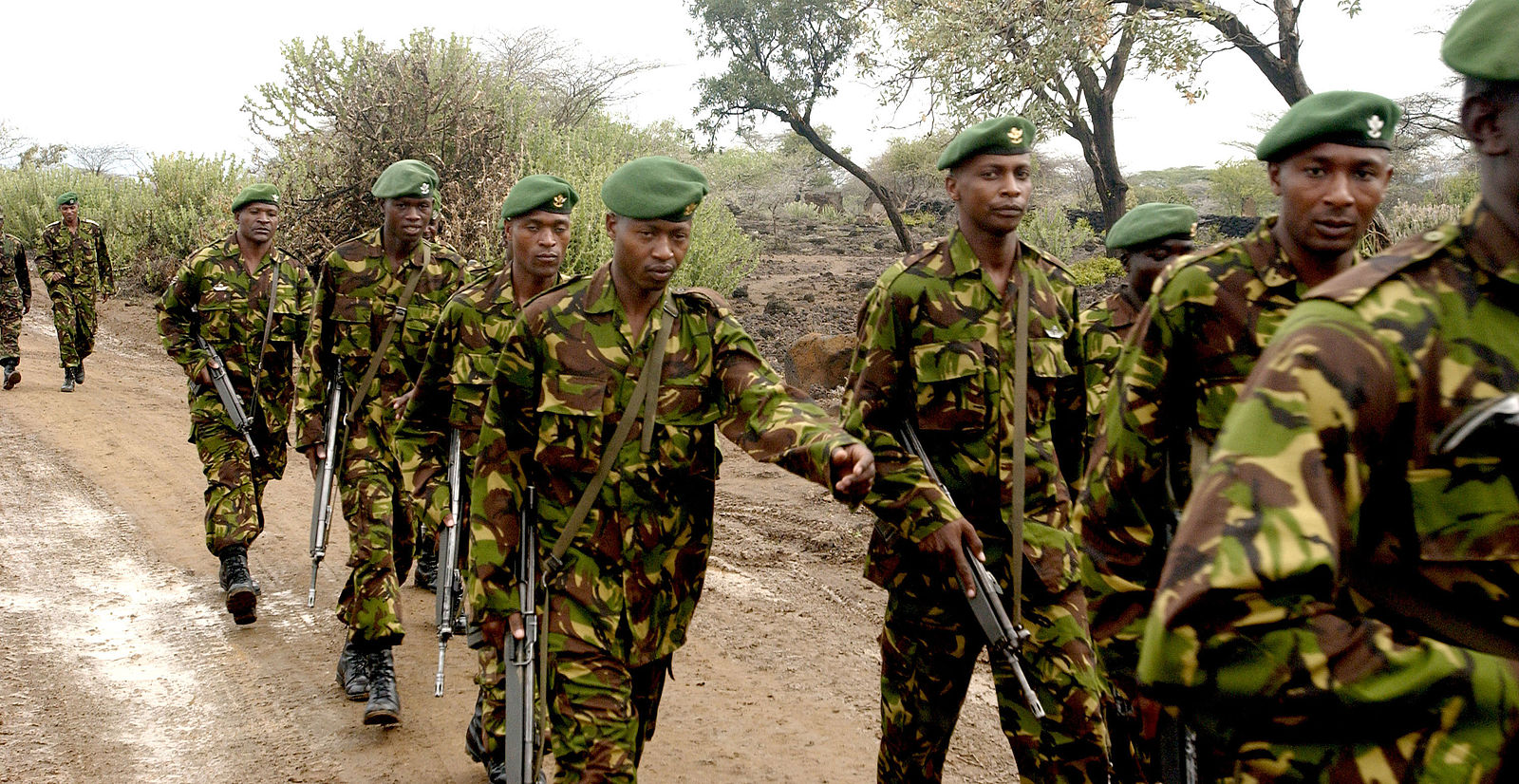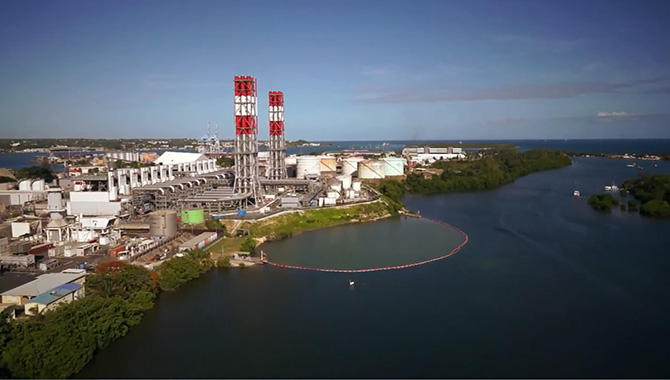
Guadeloupe: curfew following strike at power plant
The government of the French Caribbean island of Guadeloupe imposed a territory-wide curfew after a strike by workers at the central power plant shut down the island’s electricity supply. Amid ongoing complaints over salaries, workers at the Pointe Jarry facility entered the control room of the thermal plant and caused an emergency shutdown of the engines. After police secured the plant, the government requisitioned the employees needed to operate the power station through a prefectural decree. This ordered employees deemed essential to the operation of the station to return to work based on an “observed or foreseeable damage to good order, public health, tranquility and safety.” (Photo: Region Guadeloupe)




